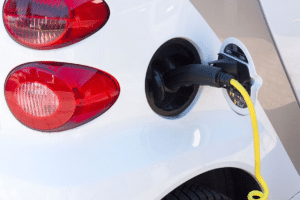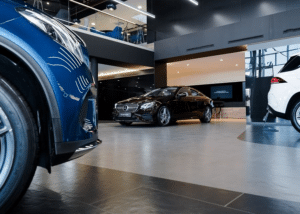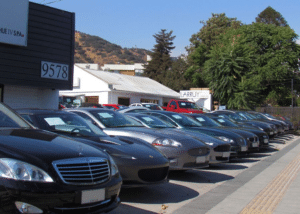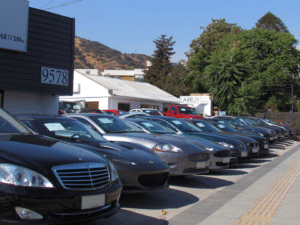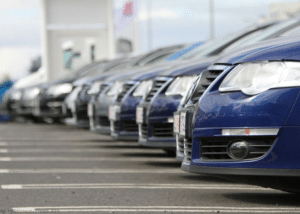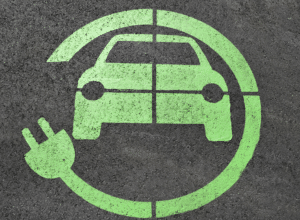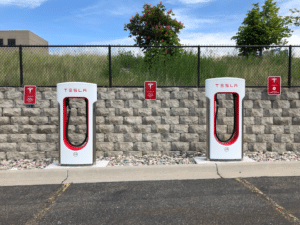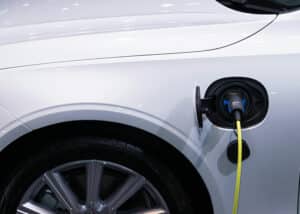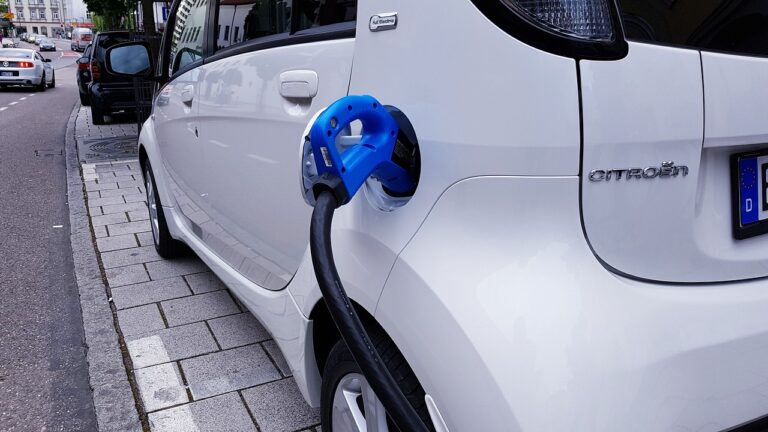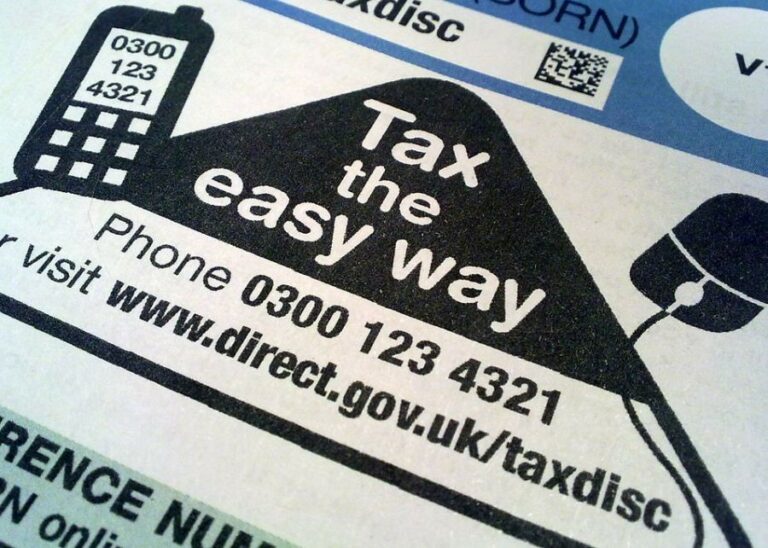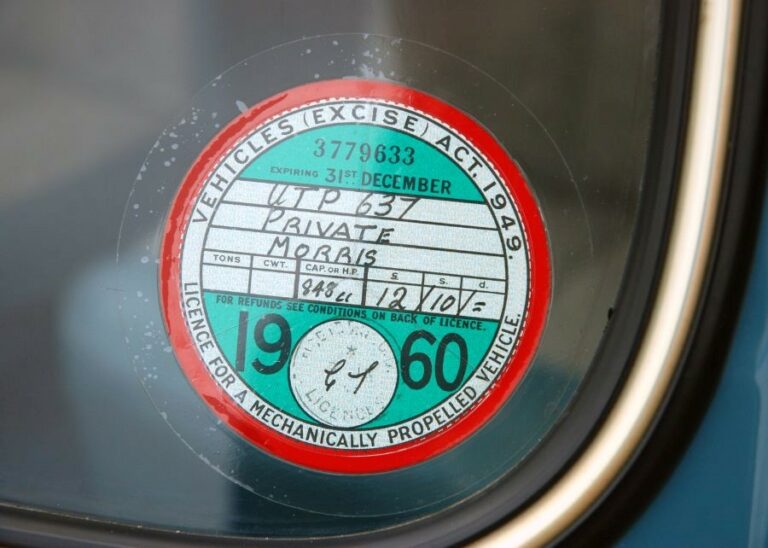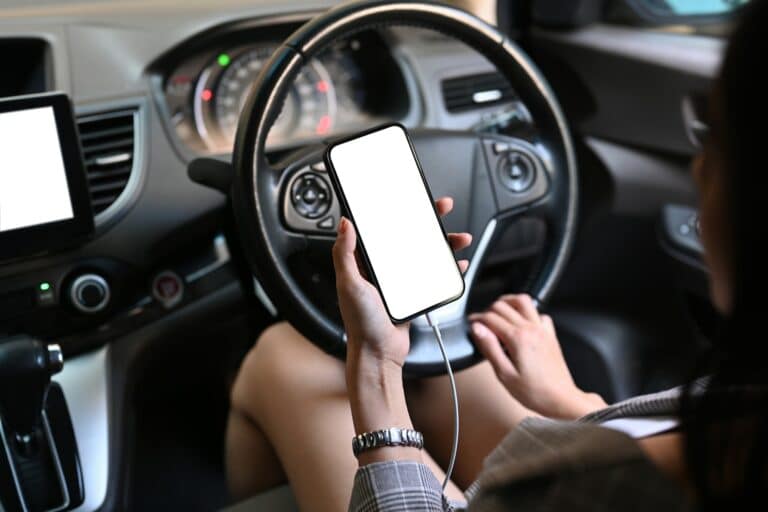According to inews, these electronic systems offer convenience to motorists, activating at the push of a button and releasing automatically when the driver presses the accelerator. However, this transition has its challenges.
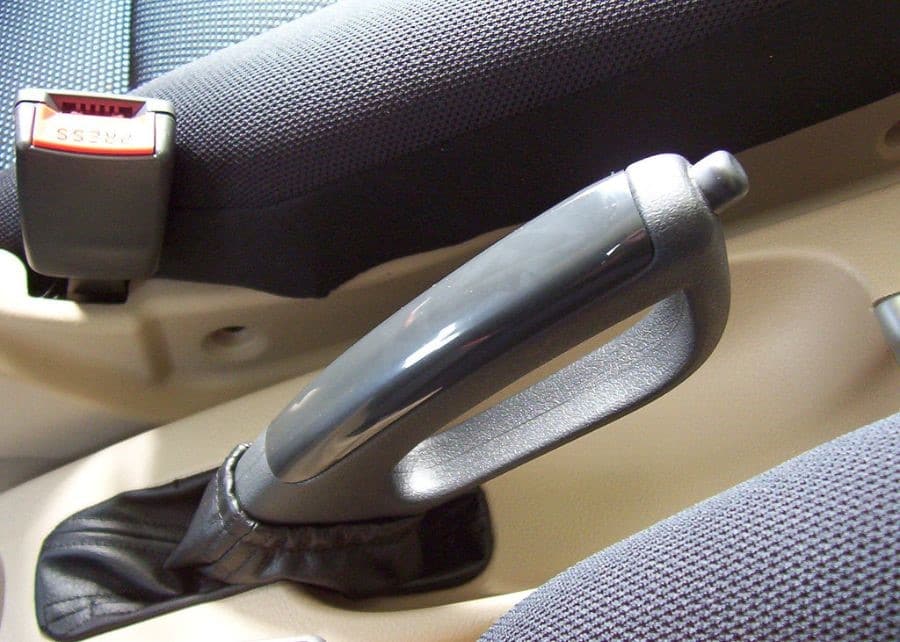
The price drivers pay for electronic parking brakes
Electronic parking brakes are becoming the norm in modern cars, but they come with their own set of considerations. First things first is that electronic parking brakes are far more expensive to repair.
Repairing an electronic parking brake can be significantly more expensive than fixing a traditional manual handbrake. According to data from the Institute of Automotive Engineer Assessors, the average cost to repair a fault with a manual handbrake is around £250. In contrast, resolving an issue with an electronic parking brake can cost more than three times higher, at approximately £820, says This Money.
Another source, used car warranty provider MotorEasy, reports that the average repair cost for a faulty electronic parking brake is even higher, standing at £831.
When will the handbrake be killed off for good?
The traditional manual handbrake is a car part to be killed off soon as brands switch to electronic parking brakes.
The age-old manual handbrake is gradually disappearing from new cars. Over 90% of new vehicles now come equipped with electronic parking brakes, says This Money.
Only 9% of the latest models still feature the traditional pull-lever handbrake, while the majority have switched to button-operated electronic systems.
Brands are phasing out aging models, leading to a decline in cars with conventional handbrakes. For example, the Ford Fiesta, Britain’s favorite car, no longer offers a manual handbrake, and other brands are following suit, according to This Money.
With many car manufacturers transitioning to EVs by the end of this decade, the traditional manual handbrake is likely to become extinct in new cars. By the early 2030s, we might bid farewell to the good ol’ handbrake as brands fully embrace electronic parking brakes.
So, if you’re a fan of the classic handbrake, cherish it while it lasts—it’s on its way out!
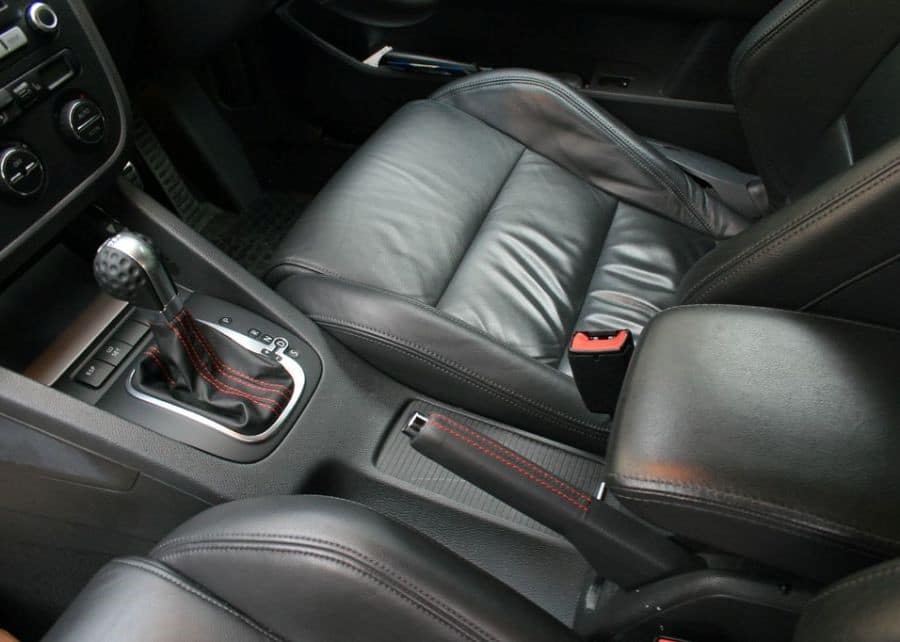
What new cars have a traditional handbrake?
As the traditional manual handbrake becomes increasingly rare, there are still a few car brands that continue to offer models equipped with this classic feature.
Here are some brands and their respective percentages of models retaining the manual handbrake, according to Car Supermarket.
- Suzuki: Leading the way, 71% of Suzuki’s models still come with a manual handbrake.
- Abarth: Approximately 66% of Abarth’s models retain this feature.
- Dacia: About 50% of Dacia’s models have the traditional handbrake.
- Fiat: 45% of Fiat’s models come with a manual handbrake.
- Ssangyong: Around 40% of Ssangyong’s models still offer the classic pull-lever handbrake.
The choice of new models with manual handbrakes has declined by 61% since 2019, according to Car Supermarket.
While these percentages indicate that some brands are holding onto the manual handbrake, the overall trend favors electronic parking brakes. So, if you’re a fan of the traditional handbrake, consider exploring models from these brands while they’re still available!
Do electronic handbrakes automatically engage?
Electronic handbrakes can automatically engage under certain conditions. For example, when you turn off the engine or shift the car into park (P) mode, some electronic parking brakes will automatically activate. As soon as you depress the accelerator pedal or engage the clutch to pull away, the electronic brake disengages automatically, says Car Buyer.
Some systems allow the driver to manually activate the electronic handbrake by pressing a button or flicking a switch. However, further advancements include a feature called “Auto-hold”, which senses when the vehicle is stationary and applies the brakes automatically without any driver input, according to Buy a Car.
So, while electronic handbrakes offer convenience, it’s always good to stay aware of their operation and not become overly reliant on the technology. Remember to engage them properly to avoid any unexpected rolling incidents!
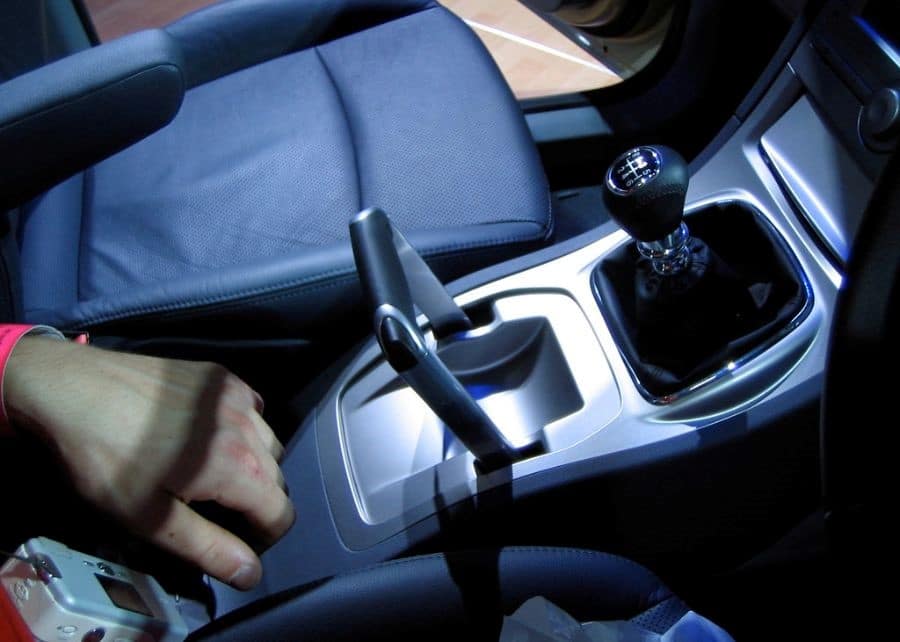
Challenges of electronic parking brakes
These electronic brakes can be easy to forget to engage, leading to embarrassing moments like your car rolling forward off a driveway because the electronic parking brake wasn’t engaged for example.
Electronic brakes can also be costly to repair, often more than three times pricier than fixing a manual handbrake. As brands continue to phase out aging models, the decline in cars with conventional handbrakes has accelerated. For instance, Britain’s favorite car, the Ford Fiesta, no longer offers a manual handbrake, and other brands are following suit.
So, while electronic parking brakes offer convenience, they also come with their share of challenges. While electronic parking brakes provide ease of use, they also come with a price tag. The end of the road for the manual handbrake seems inevitable, as it is expected to become extinct by the end of this decade, says This Money.



















